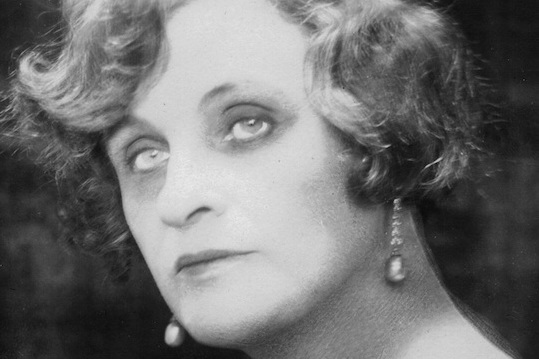Translated from the Polish by Antonia Lloyd-Jones. London, England: MacLehose Press, 2017. 240 pages. £12.99.
Toward the middle of The House with the Stained Glass Window, the Ukrainian-Polish writer Żanna Słoniowska’s debut novel, the unnamed narrator tells us that her great-grandmother occasionally falls into fits of hysterical sobbing, which her grandmother explains as having to do with “the past.” “I imagined ‘the past’ as an uncontrolled intermittent blubbering,” the narrator says. This definition is not a far cry from the idea of the past portrayed in The House with the Stained Glass Window: not blubbering, but certainly not controlled by human forces, intermittently entering the present day until it infiltrates it, saturates it, and finally becomes indistinguishable from it.
The novel centers around four generations of women who live under the same roof in Lviv, in a house noted for its enormous stained glass window. The window sets the present-day plot in motion: it is because of the window that the novel’s narrator, who we only know as Marianna’s daughter, meets Mykola, her mother’s former lover, and begins an affair with him herself. A relationship like that would provide enough internal and external conflict to fill a novel to its brim, but Słoniowska does not dedicate much page space to it. Instead, if anything, the affair serves as a springboard to the past, to exploring the irresistible pull of it.


